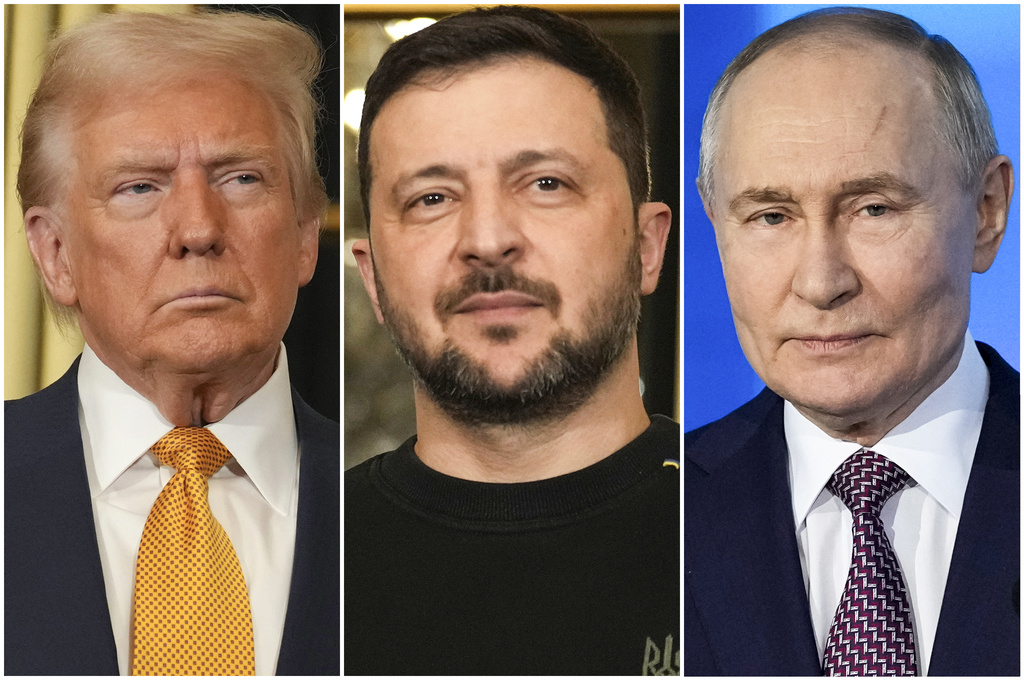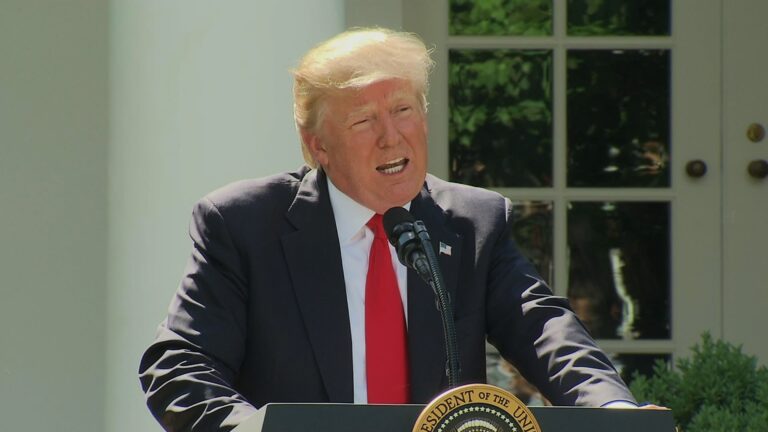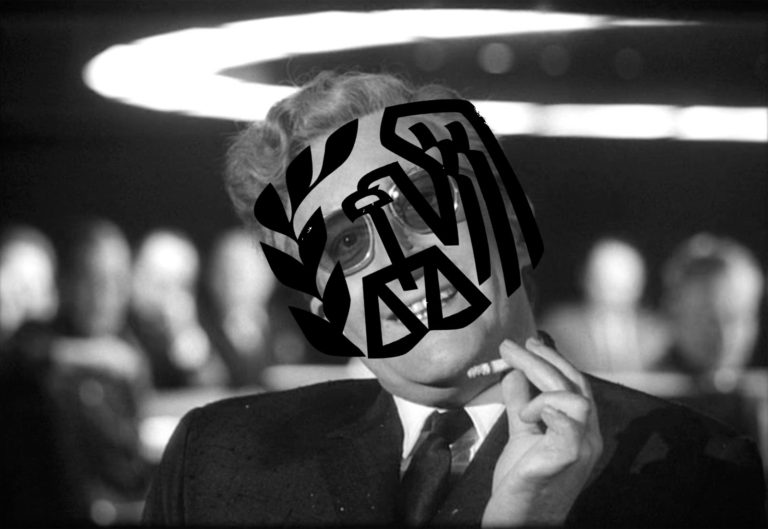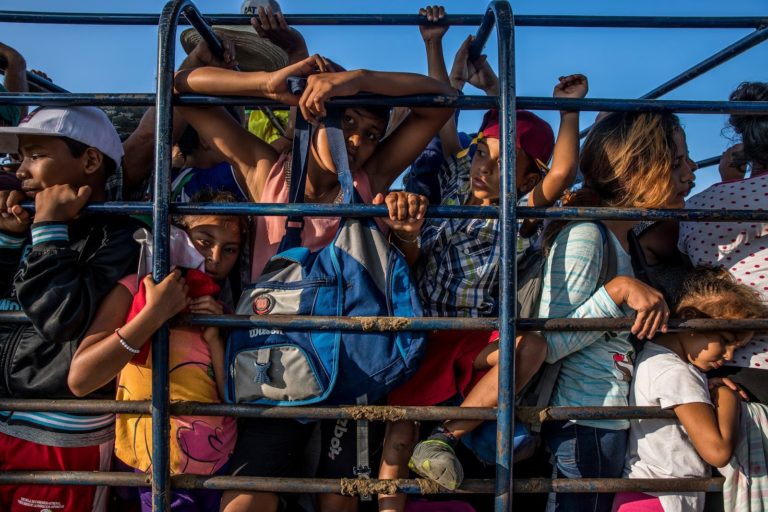
After several weeks of what appears to be a blossoming allyship, Donald Trump’s threat to impose secondary tariffs on Russian oil might seem like a promising turn to those concerned about Trump’s friendly relationship with the Russian president. After Putin doubled down on a previous agreement to a ceasefire between Trump and himself, questioning the legitimacy of the proposal and Zelensky’s credibility, Trump told NBC News that he was “pissed off” at Putin. “If I think it was Russia’s fault, which it might not be, but if I think it was Russia’s fault, I am going to put secondary tariffs on oil, on all oil coming out of Russia,” Trump said.
Although “pissed off” might come off as unusually harsh for a president, it’s not out of character for our president, who has become known for more atypical and explicit behaviors compared to his predecessors. Nevertheless, Trump immediately softened the blow of his statement, later implying that his anger will “dissipate quickly” if Putin “does the right thing.”
Given Trump’s past of mindless expressions of his irritation, however big or small, this isolated moment of short temper dissolves in a swamp of friendly praises and positive encounters with Putin over the past few months. And Trump has not followed through on any threat to Russia regarding trade so far. As of Thursday morning, Trump enacted a storm of tariffs worldwide, including some of the world’s poorest and smallest countries. Following suit with his amicable and endearing phone calls with Putin over the past few months, Russia was not on the long list, which has so far plummeted the stock market and is predicted by economists to only further raise already high prices in the United States.
If Trump were to pursue actions based on his words and implement a tariff on Russia due to Putin’s noncompliance with the ceasefire deal, what would this entail?
According to Newsweek, a White House official attributed Russia’s absence to the fact that “sanctions from the Ukraine war have already rendered trade between the two countries as zero.” Despite this rationale, the claimed “zero” trade between the countries amounted to over $3 billion just last year. As the New York Times reports, this number is larger than any of the other countries targeted in the imposed tariffs.
Keir Giles, a Chatham House consulting fellow who spoke to Al Jazeera, remarked, “We have seen sporadic threats by Trump to impose some kind of economic pressure on Russia, but they never last long.” Putin’s authoritarian power, disregard for term limits, and crusade against liberals align with Trump’s desires of his own ruling stance. Trump’s affinity for these aspects of Putin’s power may be driving his unfulfilled threats in the past and the present. Maintaining and growing a relationship with Putin and his government, which has grown greater and more consequential recently, is very possibly a driving force in his inability to form a tough stance against him.
In particular, this case would threaten fertilizer, the United States’ main import from Russia. If not to continue his developing friendship with Putin, Trump’s hesitation to impose tariffs or make severe threats may be due to his desire to keep access to Russian fertilizer in particular. Considering the spike in prices for fertilizer imports from Canada, it is likely that Trump is also foregoing tariffs on Russia in order to ease the projected impacts of his tariffs on farmers.
Trump’s incentives for undermining his own threat are ambiguous and pull in different directions. Ultimately, however, they reveal that his true ambitions center on the impact of imposing direct or secondary tariffs on the United States, rather than advancing a Russia-Ukraine ceasefire deal or supporting Ukraine. Even if Trump gave some hope that he could use tariffs to pressure Putin into a ceasefire, the difficulties — and the unlikelihood that such penalties will ever be implemented — highlight his tendency to make statements with no intention of ever acting on them.
The Zeitgeist aims to publish ideas worth discussing. The views presented are solely those of the writer and do not necessarily reflect the views of the editorial board.



